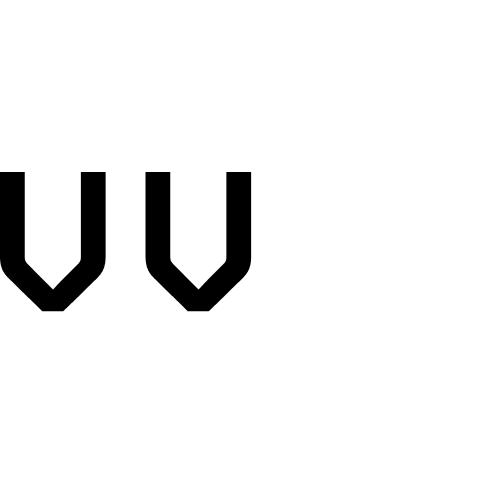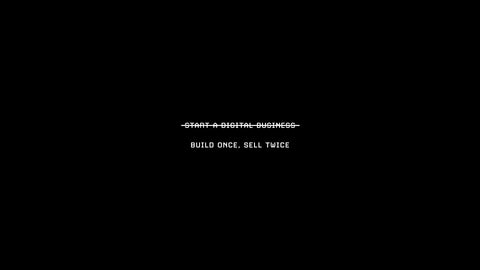You can roughly measure how good a name is by how well it "stores" the equity of an idea.
I like to think we've accomplished this at Visualize Value with each of our products, and hope a large percentage of our 50,000 customers would agree.
Our flagship training program "Build Once, Sell Twice" speaks to an overarching idea, creates intrigue, and can be unpacked 1,000 ways.
What's in a name?
Language is one of the oldest and most resilient forms of leverage.
If you nail the language that represents your idea, and deliver on the promise that it makes, the validity and memorability of it gradually increases.
Build once, sell twice has become memorable because many people have experienced its truth first-hand.
You can think of this feedback loop as continually injecting reputation into a memorable and repeatable phrase.
The better the overlap between the name and the thing the name represents, the less work required to get people to remember it.
This is particularly powerful when talking about unchanging intellectual property or ideas.
Another thought experiment you can run: imagine two 300 page books with exactly the same contents inside. The best name wins.
P.S. Don't judge a book by it's cover is terrible advice in an infinite market of information (which you are currently browsing).
To make this happen, you can try and coin a name first, or you can record a sprawling set of ideas and try to reverse engineer language that represents the overarching theme.
Our ideas introduce themselves to the world using their name, just like we do, so not spending time and energy finding a good one is a huge waste of the time you're spending on everything else.
Consider these examples and how quickly you can extrapolate the overarching theme or idea, and likely recall the author's name:
Antifragile
Tipping Point
Atomic Habits
4-Hour Workweek
How to Get Rich (without getting lucky)
For Visualize Value:
Permissionless Apprentice
Build Once, Sell Twice
How to Visualize Value
Compound Content
Why do names matter so much?
You can only remain independent to the extent you can communicate your ideas independently. If you can't name your ideas well, you have to pay someone else to do it for you.
Naming is a bottleneck, it either vastly restricts or accelerates the flow of attention.
You can write an incredible book, but if you give it a bad title, it will only reach a fraction of the people who'd benefit from reading it.
It is my hypothesis that the quality of a name reflects a deep understanding of the thing being named. A great name communicates the most information in the most compressed way.
Generic names often indicate a generic perspective on the thing being named. In our world this would be things like "Digital Marketing" "Social Media" or "Graphic Design."
While there is logic in competing in an established market, names play a huge part in how much of that market's attention you can garner. There is nothing new under the sun, but you can combine things that exist to make new things.
Creating and owning new language is a powerful way to introduce your new combination of ideas to the world.
"Visualize Value" is not a new idea, it is a combination and repackaging of many old ideas.
The goal is to get the response "that's so simple I could've done it." Which paradoxically implies something that is seemingly obvious being acknowledged for the first time.
A great name lands like the punchline of a joke, I recorded a short video with David Perell unpacking this idea last year.
I'll wrap with some more practical advice on naming:
If this doesn't come naturally to you, you can work in reverse too.
Take this example by Balaji Srinivasan, his book The Network State is a great example: Distill from a book to an essay, to a paragraph, to a sentence, to a title:

Going through this process of reduction gives you a meta scaffolding for what you're trying to communicate.
It forces you to think in hierarchy, to consider which ideas need to be introduced in which order, which are most salient, which can lead you to a great name.
In summary, a name is an interface to the market, the better it is, the more opportunity it can create.








